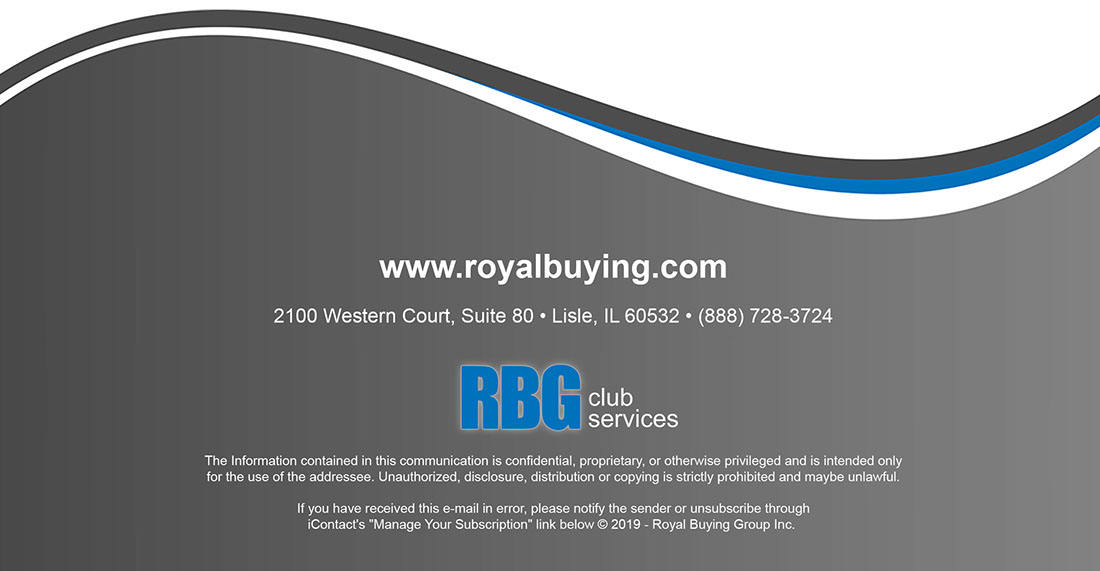
Future of CBD in C-Stores
Beauty products, beverages, candy, snacks, and over-the counter medical remedies are now adding CBD products to their categories. The rise in popularity of CBD and hemp products has become something the market is taking notice of, despite the fact marijuana is still considered illegal on a federal level. However, ten states and the District of Columbia have gone ahead and made cannabis and its compounds fully legal. It is projected that many states will be following suit in the next few years as consumer demand continues to grow. With states controlling their regulations in a legal grey area, retailers are preparing for the surge of CBD products hitting the market and an increase in sales. According to Nik Modi, an analyst with RBC Capital Markets, CBD consumer sales have the potential to reach $2 billion by 2020.
Products containing or infused with CBD are hitting the shelves in waves: lollipops, energy drinks, facial creams, protein bars, candy gummies, pet treats, straight CBD liquid oil and so much more. So far, the range of CBD products has proven to be limitless, and there doesn’t appear to be a slowdown in product innovation.
Wait… isn’t that illegal?
CBD and marijuana are not the same, though they come from the same plant. Here’s a breakdown of the terms to help you better understand just what is going on in the “world of weed”:
Cannabis: The plant and genotype for both hemp and marijuana. Cannabis contains a variety of different compounds called cannabinoids, including cannabidiol (CBD) and tetrahydrocannabinol (THC).
CBD: The compound found primarily in extractions from the help plant. CBD does not contain any psychoactive properties – therefore, the user does not get high.
Hemp: The fiber of a cannabis plant. Hemp products are now legal in the U.S., if they contain less than 0.3% THC.
Marijuana: The psychoactive buds and leaves of the cannabis plant. (This does get the user high.) Although many states have legalized recreational and medical use of it, it is still illegal federally. Unlike hemp, it contains high rates of THC – 15% to 40%. It is used for both medical and recreational purposes.
THC: The main psychoactive compound in the marijuana plant, responsible for the high users get from use.
It is imperative to check your state, county and city regulations when it comes to the sale of CBD products.
Even a popular product in the c-store industry has been making the switch to a CBD-friendly model: slush drink machines. Diamond CBD Inc. has just launched their “Brain Chill Slushy Machine”, a slush drink machine where the contents are infused with CBD. Not only does it appeal to the c-store slush drink enthusiast, but it brings in customers who are seeking out the CBD products, or want to try them for the first time.
It is important to note that CBD and marijuana are not the same, but do come from the same plant, which is why at a federal level its sale is still considered illegal. CBD products do not get consumers “high” but do share some of the calming effects of the THC found in marijuana. CBD products are typically sought out after from consumers looking to relieve anxiety and minor pains, and/or seeking sounder sleep. This isn’t limited to just adults seeking a quick remedy – pet owners are also using CBD products to relieve the anxiety for their pets during thunder storms, fireworks, or separation anxiety.
C-stores looking to jump in on the industry are better primed than most retailers. As tobacco and alcohol sales are high sellers in convenience stores, carding for CBD products will be no different when assuring consumers are of legal buying age. But where to put the product? As CBD products are such new territory, it is better to place these products in their own section with proper labeling. This prevents children grabbing candies with CBD oil in it, and parents accidentally purchasing the CBD products for them.
Not all states, counties, or cities have allowed CBD products to be made for sale yet. When considering these products, it is important to check what regulations are in place in your state before making the decision to carry CBD products in store. To check the legal status in your state, check out https://disa.com/map-of-marijuana-legality-by-state.

